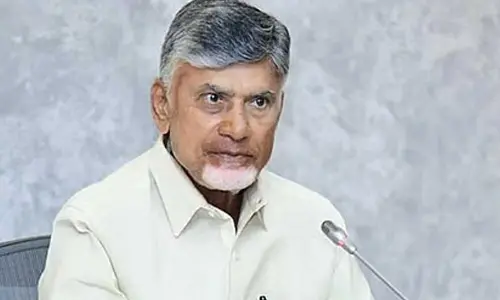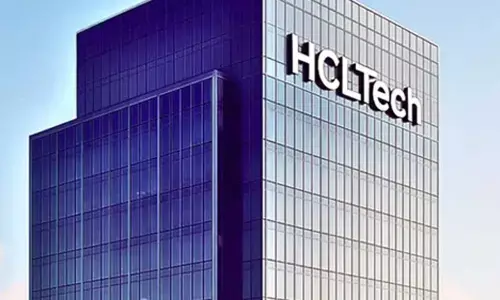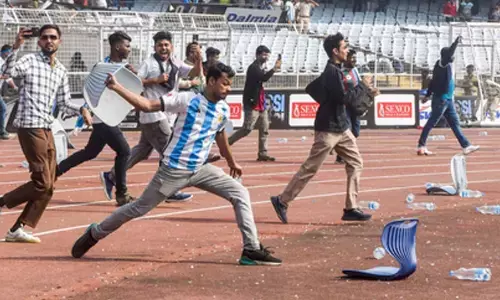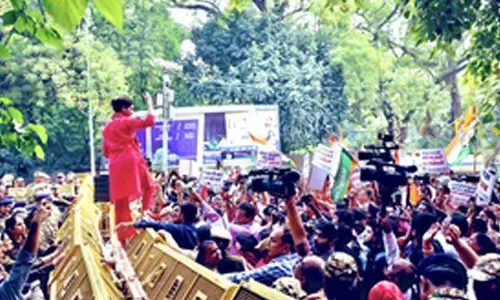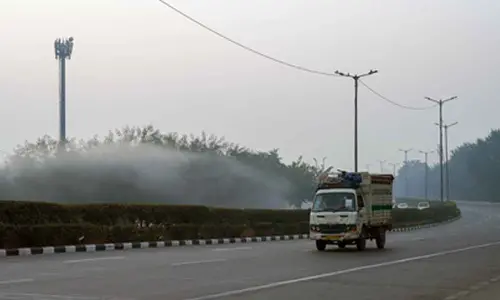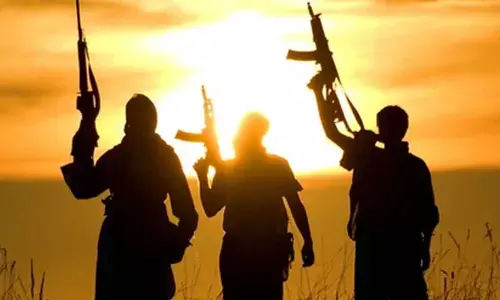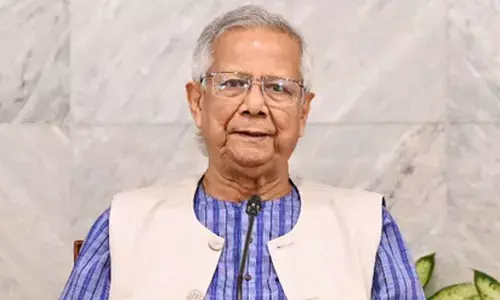Wait for verdict on temple-masjid case draws closer
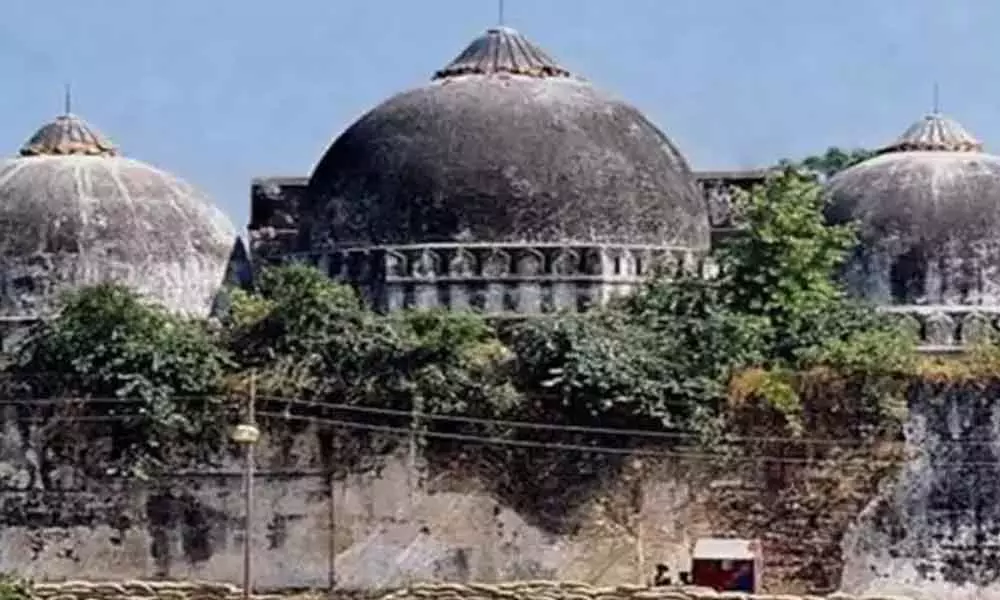
Wednesday October 16 marks the last day of the 40-day marathon hearing of Ramjanmabhoomi-Babri Masjid case by the apex court, which is a highly sensitive issue both politically and emotionally.
All eyes are now on the final verdict that would come after one month. The big question now is, will the judgement put an end to the controversy and will the Supreme Court be able to arrive at a solution that is acceptable to all sides. Certainly, the bench headed by Chief Justice of India Ranjan Gagoi has a tough task ahead.
The bench now has a month to draft the judgement and pronounce the verdict in a politically sensitive case that has remained unresolved for over 25 years. The Chief Justice said he wanted the dispute to be treated "as a land issue," hinting that it would be solely decided on the merits of the title to the disputed plot.
During the hearing, the court sought evidence on the title of land from both sides giving clear indication that it will treat this as a case of ownership of land. The judgment in this case would turn out to be a real historic one as the Supreme Court has to decide the ownership of the land though there is hardly any concrete material to prove the title of ownership on the disputed site available with either of the parties, the counsels for the deity and those arguing on behalf of the Sunni Wakf Board.
While the wakf board quoted travelogues, gazetteers and archaeological findings to stake their claim, those favouring a Ram temple at the site claim that Babur's commander Mir Baqui built the Babri Masjid in 1528 over the fort which Lord Ram built. They claim that there was a temple beneath the mosque citing ASI's findings.
The board claims that the mosque was built on vacant land, or possibly over ruins of a temple. The Sunni Wakf Board also has a detractor in the Shia Wakf Board, which lost the title suit to the Sunnis several decades ago. Despite that, they have also thrown their hat into the ring saying that they will hand over the land for Ram Mandir if it gets the title.
The Sunni board argues that the Shia claim has no value and that the idols of Lord Rama were placed inside the dome in 1949 which was nothing but an act of trespass. The judgement that would be delivered before November 17 becomes historical as it would be delivered in the absence of proper documents of ownership by either side.
The fact that everyone knows is that there was a mosque till it was destroyed in 1992. But then historical and archaeological evidences prove that it is the land of Lord Rama. If the court wants to give the title only to the deity, it runs into a legal hitch of doing it when 'sebaiyat' exists.
Fourteen appeals have been filed in the apex court so far against the 2010 Allahabad High Court judgment, which said that the disputed 22.7 acres should be equally divided among the Sunni Waqf Board, the Nirmohi Akhara and Ram Lalla. One option before the apex court, political pundits say, is that the apex court can ask them to construct the temple in the undisputed land where even the makeshift temple attracts huge footfall of visitors from far away places including Nepal every day.
It is said that nothing less than 3,000 people visit the makeshift temple. But if the verdict about the disputed land divides it equally, the government should be ready to face any kind of situation. But of course, politically, it will be a feather in the cap of the BJP. Abrogation of Article 370 recently and resolving over two decades-old controversy could help the BJP to further secure its Hindu vote bank.








